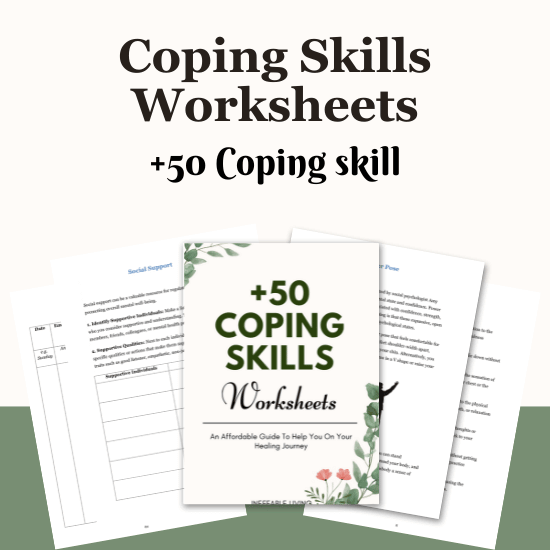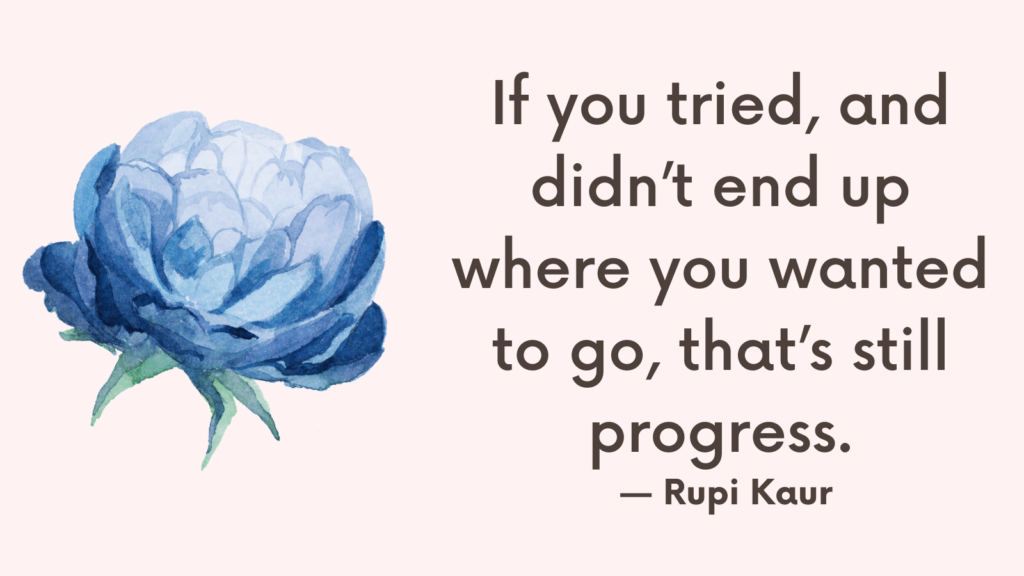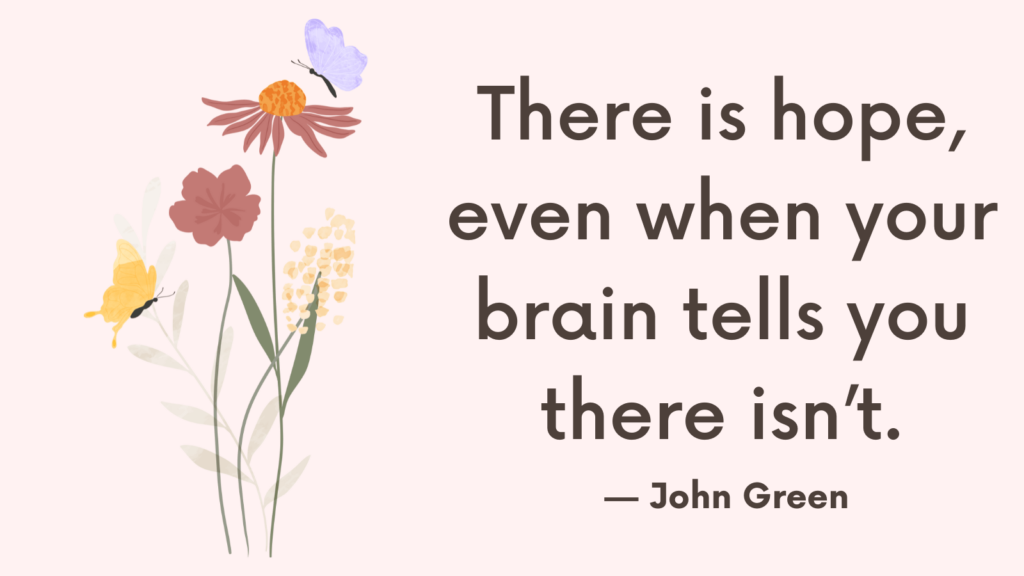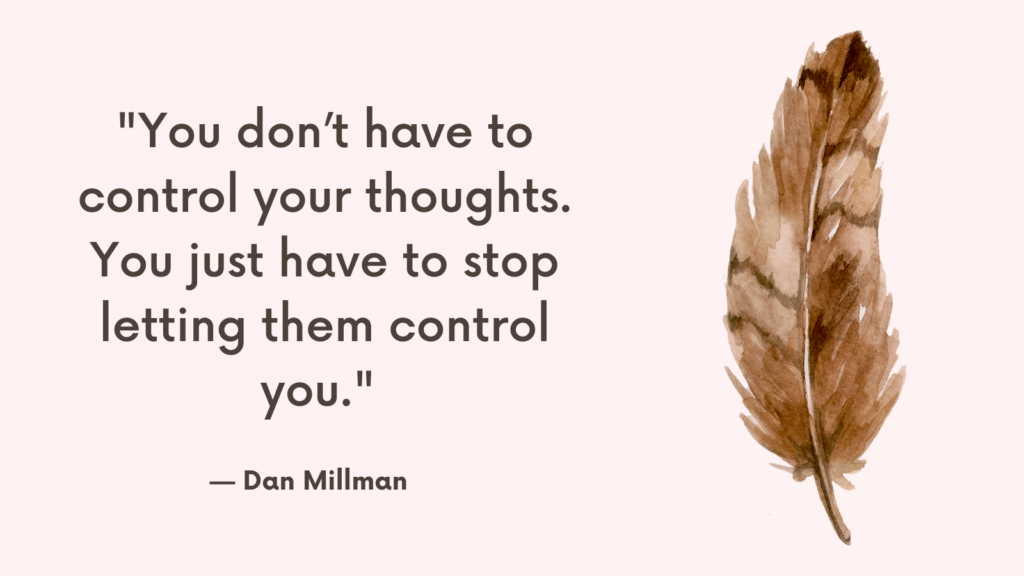Emotion regulation is a crucial skill for navigating the ups and downs of daily life.
Whether dealing with stress at work, conflicts in relationships, or personal challenges, the ability to manage and respond to your emotions effectively can significantly impact your overall well-being.
For adults, who often juggle multiple responsibilities, learning how to regulate emotions can lead to better decision-making, improved relationships, and a greater sense of inner peace.
This guide introduces a range of effective emotion regulation activities designed to help adults understand, process, and manage their emotions in healthy ways.
What Is Emotion Regulation?
Emotion regulation is your ability to:
- Notice what you’re feeling
- Understand where it’s coming from
- Stay present without being overwhelmed
- Choose a response that aligns with your values
It’s not about controlling or getting rid of emotions. It’s about staying connected to yourself even when your emotions are intense or painful.
Why Emotion Regulation Matters
When you can regulate your emotions, you:
- Respond instead of react
- Communicate more clearly and calmly
- Make decisions based on values instead of impulses
- Reduce anxiety, shame, and emotional burnout
- Build stronger relationships and self-trust
Without emotion regulation, small triggers can feel like crises, and your mood can swing quickly between extremes.
What Emotion Dysregulation Looks Like
- You feel emotionally hijacked by small events
- You go numb or shut down in difficult situations
- You lash out, withdraw, or people-please to cope
- You feel like you have no control over your reactions
- You have a hard time naming or explaining what you feel
This doesn’t mean you’re broken. It usually means your nervous system is overwhelmed or untrained in emotional safety — and that can be healed.
Effective Emotion Regulation Activities for Adults
1. Mindful Breathing
Practice deep, mindful breathing for 5-10 minutes. Focus on the sensation of your breath entering and leaving your body, and try to lengthen your exhales.
Mindful breathing activates the parasympathetic nervous system, which helps to calm the body and mind, reducing the intensity of negative emotions.
2. Progressive Muscle Relaxation
Tense and then slowly release each muscle group in your body, starting from your toes and moving up to your head. Focus on the sensation of relaxation after releasing the tension.
Progressive muscle relaxation helps reduce physical tension and stress, making it easier to manage emotional reactions.
Related: Best 99 Coping Skills (+FREE Coping Worksheets)
3. Cognitive Reframing
Identify negative or distorted thoughts that are contributing to your emotional distress. Challenge these thoughts by considering alternative, more balanced perspectives.
Cognitive reframing helps shift your mindset, reducing the impact of negative thoughts on your emotions and promoting a more positive outlook.
4. Emotion Labeling
When you experience a strong emotion, take a moment to identify and label it (e.g., “I am feeling frustrated” or “I am feeling anxious”). Acknowledge the emotion without judgment.
Labeling emotions can reduce their intensity by helping you gain clarity and distance from the emotional experience.
5. Grounding Techniques
Use grounding techniques to anchor yourself in the present moment. Examples include focusing on the sensations in your body, listing five things you can see, or holding a cold object.
Grounding techniques help prevent emotional overwhelm by keeping you connected to the here and now, reducing the impact of distressing emotions.
Related: Top 4 DBT Skills to Go from Crisis to Calm
6. Journaling
Write down your thoughts and feelings in a journal. Focus on expressing your emotions freely and exploring their underlying causes.
Journaling provides an outlet for emotions, helping you process and understand them more effectively, which can lead to better emotional regulation.
7. Mindfulness Meditation
Engage in mindfulness meditation for 10-20 minutes, focusing on observing your thoughts and feelings without judgment. Let emotions come and go like waves.
Mindfulness meditation enhances emotional awareness and helps you develop a more balanced response to emotional triggers.
8. Physical Exercise
Participate in physical exercise, such as walking, jogging, yoga, or dancing. Aim for at least 20-30 minutes of moderate activity.
Exercise releases endorphins, which improve mood and reduce stress. It also provides a healthy outlet for releasing built-up emotional energy.
Related: How To Feel Your Feelings? Top 9 Difficult Emotions To Cope With In Healthy Ways
9. Self-Compassion Practice
When you’re feeling upset, practice self-compassion by speaking to yourself with kindness and understanding, as you would to a friend. Remind yourself that it’s okay to feel this way.
Self-compassion reduces self-criticism and promotes emotional resilience, helping you manage difficult emotions with greater ease.
10. Visualization
Use guided visualization or imagery to imagine a peaceful, safe place where you feel calm and secure. Spend a few minutes visualizing yourself in this environment.
Visualization can help reduce anxiety and stress by mentally transporting you to a place of calm, which can reduce the intensity of negative emotions.
Related: How to Identify Your Emotions?
11. Body Scan Meditation
Perform a body scan meditation, where you mentally scan each part of your body, noticing any tension or discomfort, and consciously relaxing each area.
Body scan meditation increases body awareness and helps you release physical tension, which can lead to improved emotional regulation.
12. Art Therapy
Engage in creative activities like drawing, painting, or sculpting to express your emotions non-verbally.
Art therapy provides a constructive way to channel emotions, helping to reduce stress and enhance emotional clarity.
Related: 2-Minute Technique to Help You Manage Feelings Of Overwhelm
13. Gratitude Practice
Spend a few minutes each day writing down things you are grateful for. Focus on positive experiences and moments that bring you joy.
Gratitude practice shifts your focus from negative emotions to positive aspects of your life, which can help improve emotional regulation.
14. Active Problem-Solving
When faced with a stressful situation, break it down into smaller, manageable parts. Identify what you can control and create an action plan to address the issue.
Active problem-solving empowers you to take control of your situation, reducing feelings of helplessness and improving emotional management.
15. Interpersonal Effectiveness Skills
Practice assertive communication, where you express your needs and feelings clearly and respectfully without aggression or passivity.
Effective communication reduces misunderstandings and conflicts, helping to manage emotions more effectively in interpersonal interactions.
Related: Affective Responsibility: Examples and Ways to Cultivate It

Emotion Regulation Is a Practice
No one regulates perfectly all the time. The goal isn’t to be calm 24/7 — the goal is to recover faster, respond more wisely, and build a relationship with your emotions instead of fearing them.
With time, tools, and support, your emotions become messengers — not threats. And your life becomes more grounded, connected, and intentional.
Why It’s Not Always Easy
If you grew up in an environment where emotions were ignored, punished, or unsafe, regulating them as an adult can be hard. You might default to shutdown or explosion.
That’s not a character flaw — it’s a survival strategy. And you can re-learn emotional safety.
Conclusion
Emotion regulation is a vital skill for maintaining mental well-being and navigating life’s challenges.
By incorporating these activities into your daily routine, you can enhance your ability to manage emotions, reduce stress, and improve your overall quality of life.
Start with a few activities that resonate with you and gradually build a personalized toolkit for effective emotion regulation.



